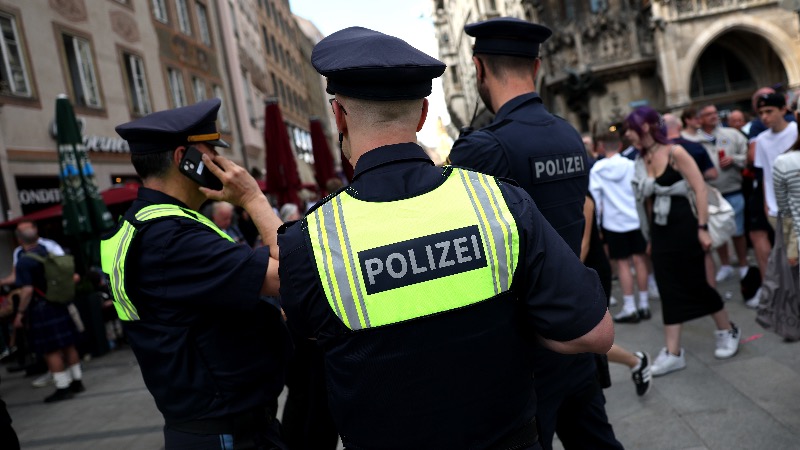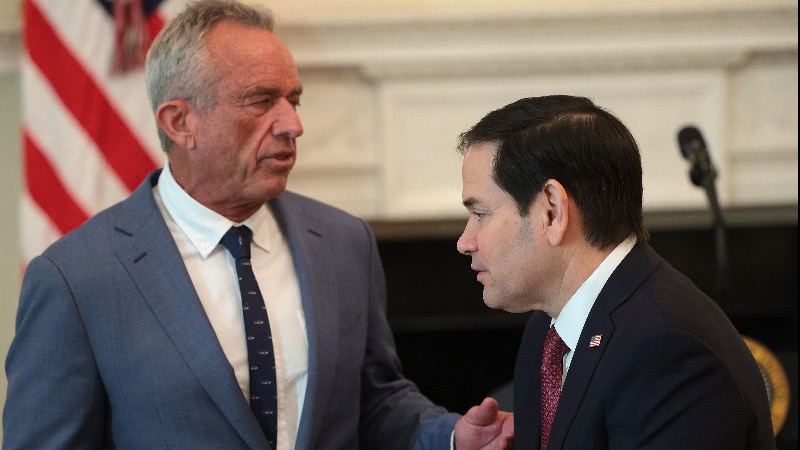Mohammad Given Probation in Germany For Torturing 13-Year-Old Victim For Hours on Camera

EXCLUSIVE: “When You Got Someone Admitting They Were Doing Cloud Seeding, But Then Saying We Had Nothing To Do With It- That Should Be Investigated”

Trump Admin Rejects WHO Amendments, Citing Threats to Sovereignty, Free Speech

MUST-SEE VIDEO: Ted Cruz Flamethrows The Democrat Deep State Coup Behind The Biden Admin In Fiery Speech

Australia’s Reserve Bank Lays Groundwork For A Dystopian Financial Reality

Australia’s reserve bank (RBA) is laying the groundwork for a dystopian financial reality where ‘money is given a brain and then the switch is handed to someone else’ The reserve bank is quietly helping to […]
The post Australia’s Reserve Bank Lays Groundwork For A Dystopian Financial Reality appeared first on The People’s Voice.
Trump To Pull US Out Of UNESCO Over over ‘Woke’ DEI Policies & ‘Anti-Israel Bias’

The US has announced that it will leave the United Nations’ culture and education agency Unesco, over its ‘woke’ DEI policies and its alleged anti-Israel bias. Washington perceives the agency as hostile to Israel and […]
The post Trump To Pull US Out Of UNESCO Over over ‘Woke’ DEI Policies & ‘Anti-Israel Bias’ appeared first on The People’s Voice.
